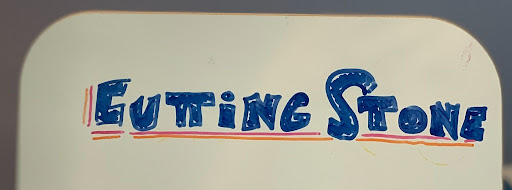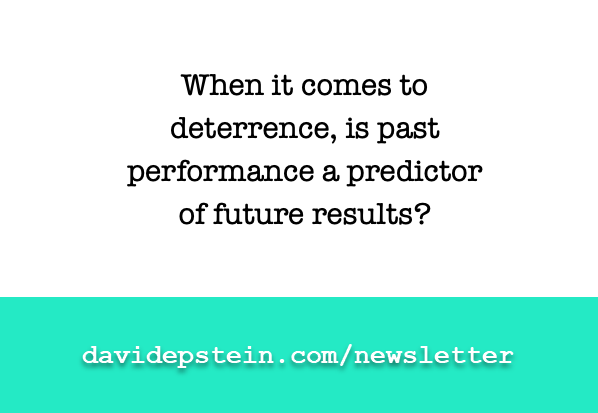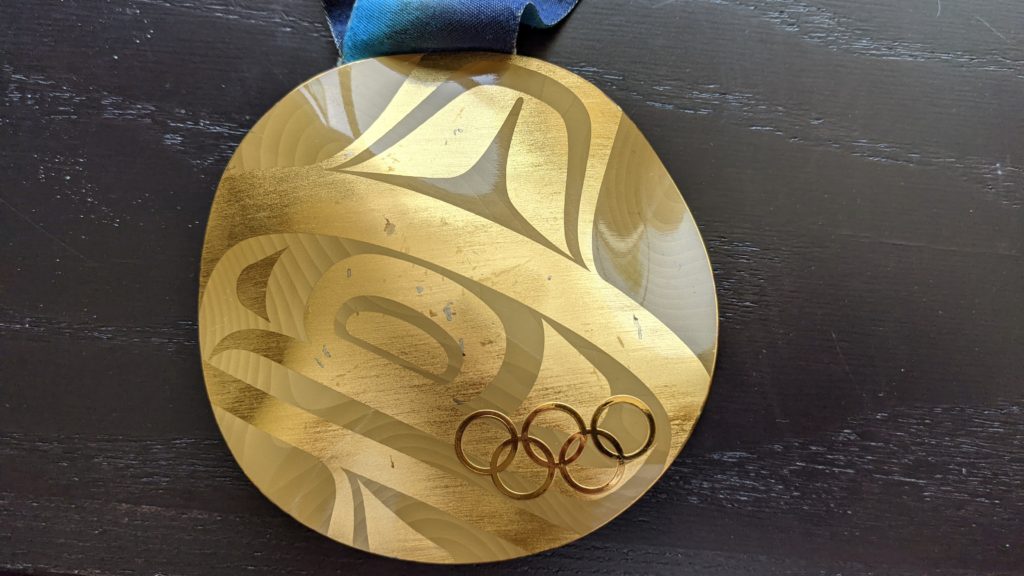
January 26, 2021
Some personal news: I’m a podcast host! Allow me to explain, in a rangey way.
One of my favorite thoughts in Range came from Herminia Ibarra, a professor of organizational behavior at London Business School, who studies how people make successful (and unsuccessful) career transitions: “We learn who we are in practice, not in theory.”
Ibarra pushed back against a formidable and lucrative industry that promises to tell you exactly who you are and what you should be doing if you just take this quiz, or follow that simple program. She was bothered by conventional-wisdom articles like one in the Wall Street Journal on “the painless path to a new career,” which promised that the secret is simply forming “a clear picture of what you want” before taking action. In her research, and in her book Working Identity, Ibarra showed that this is approximately the polar opposite of sound advice.
“We discover the possibilities by doing,” she told me, “by trying new activities, building new networks, finding new role models.” Relying only on introspection doesn’t work because our insight into ourselves is constrained by our roster of previous experiences. You actually have to act and then think—try things and reflect on how they fit you, and what they reveal about your abilities and interests. We learn who we are, as Ibarra put it, “by testing reality,” not merely by looking inside.
If you’re into art history, you may have heard the famous description of how Michelangelo worked, that he would see a fully formed figure in a block of marble, and just chip away the excess to liberate it. It’s a beautiful image. Also: totally not true. Michelangelo constantly changed his mind and altered his sculptural plans as he worked. He frequently ran out of rock because of the course corrections, and left three-fifths of his sculptures unfinished. In his late twenties, he actually ditched visual arts altogether to focus on writing poems—half of which he left unfinished. He was a relentless experimenter.
I aspire to a formative process akin to Michelangelo’s—start down a path, but keep my eyes open for promising turns, even if that means abandoning a prior goal, and especially when an opportunity offers experiments that can teach me more about my own strengths, weaknesses, and interests. (As I told Dan Pink for his PinkCast, I keep what I call my “book of small experiments” for my own experiment-and-reflect system.) So when Charles Duhigg, New Yorker writer, Pulitzer Prize winner, and author of The Power of Habit, called me recently, I realized he was offering just such a generative experiment.
For the last year-and-a-half, Charles has built and hosted the aptly named Slate podcast, “How To! With Charles Duhigg.” Each show pairs a listener who has a question with someone with relevant experience or expertise, and the host helps the pair distill a few lessons, or “rules.” The topics have run from the very silly (how to get your dog to stop eating underwear, with comedian Jenny Slate); to the very serious (an episode about how to walk away from an impossible parent went viral); to the very topical—last week’s episode featured former U.N. Ambassador Samantha Power telling new Congresswoman Marilyn Strickland how to balance her ideals with the practicalities of getting things done in D.C.
But now Charles is diving into the intense phase of a new book project, and so—very much out of the blue—he asked if the host role was something I might potentially be interested in. And then he asked if I’d like to sit in on a meeting with the production team to discuss ideas for upcoming episodes. I happen to be a sucker for playing fly-on-the-wall to other peoples’ jobs; it’s one of the perks of my work! So I did, and was reminded how much I’ve missed having a team since I left ProPublica to finish Range. As much as I appreciated the incredible mission-driven work at ProPublica, from a personal standpoint what I miss most was just thinking out loud about stories with my editor, Tracy Weber (Pulitzer winner), or my desk neighbor Megan Rose (Pulitzer winner). (Yeah yeah everyone has a Pulitzer except your faithful newsletter author;)
So I auditioned, and lo and behold, “How To! With Charles Duhigg” is, as of today, “How To!” hosted by David Epstein. The episode that drops today actually was my audition, and it’s all about delivering peak performance under pressure. The episode’s expert, Sian Beilock, is the president of Barnard College and a cognitive scientist I’ve known and followed for years. Her work on the neuroscience of choking is famous in the world of elite sports, but applies to everything from job interviews to math tests to auditioning for podcasts.
In the episode, Sian counsels a listener who has struggled to marshall her inner badass when it counts, on the tennis court and in her professional life as a public defender and realtor. Some of the tips we discuss:
-
Understand the “spotlight effect,” the idea that we dramatically overestimate how focused other people are on our screwups. You aren’t the center of everyone else’s universe, and that’s actually a good thing.
-
Low-stakes practice is crucial. Create situations where you can practice being self-conscious, but where the consequences of choking aren’t dire. Sometimes that means doing something that feels a little goofy. As we note in the episode, Serena Williams once served oranges over a fence and later said that, though her father wasn’t happy about it, it helped her hone her competitive instincts. (This part really resonated with me; when I started in journalism, I stunk at talking to strangers, but being forced to do the “man on the street” thing for the NY Daily News was a form of frequent low-stakes practice that eternally cured me of that problem.)
-
Pick a mantra, or a focus word, and employ “cognitive outsourcing” with it. That is, instead of holding it in your working memory, write the word or phrase somewhere you can easily look at it when you get nervous. That will help occupy your prefrontal cortex—the conscious control part of your brain—so it doesn’t descend along the mental spiral that leads to choking. (In the episode, the listener ends up writing her word on her hand with a Sharpie.)
I’m excited for you to listen! And since my goal is to learn (in practice, not in theory), I’d truly love to have feedback, positive or critical. Hit me up on Twitter (@davidepstein), or send thoughts to howto@slate.com. That email address is also where you can send your own questions, or a description of a challenge you’re grappling with, and we may invite you to be a guest on a future episode. (We will protect a guest’s anonymity when needed.)
So please give the episode a listen! And if you like what you hear, consider subscribing or leaving a rating.
Thanks for reading. Until next time….
David
p.s. If you have a friend who might find this free newsletter thought-provoking, or if you’d like to improve the odds that the Range Report continues to exist, please consider sharing. They can subscribe here.
p.p.s. Previous Range Reports are here.


